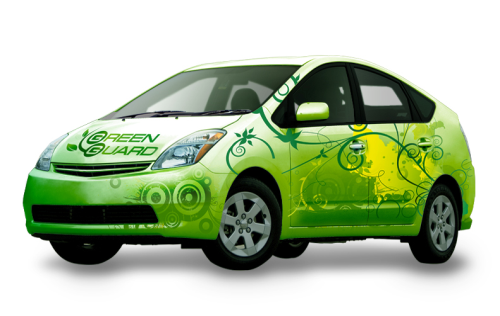So the spending review was long and boy was it painful. Families from every walk of life were affected. However it was the middle class who were probably squeezed the most.
These middle income families are far from rich, and with usually one parent working while the other looks after the kids at home, two cars is usually a necessity. So with their child benefit payments being stopped, massive cuts in the public sector leading to job losses and an increase in VAT and fuel duty next year, the average family look set for a torrid next few years.
The Devil is in the Detail
Here are the five key features of the spending review that are affecting families up and down the country:
- About 490,000 public sector jobs likely to be lost
- £7bn in additional welfare budget cuts
- Police funding cut by 4% a year
- Retirement age to rise from 65 to 66 by 2020
- Regulated rail fares to rise 3% above inflation
That last point shows that even if you decide to leave your car at home, you will still be hit by an increase in rail fares.
Save money on every aspect of driving
So it appears that there is no escape from the cuts, so our only option is to watch what we spend and do everything we can to limit our outgoings.
This has never been truer than for the motorist. Not only do they have to deal with the impact of the cuts on their family and working lives, but with an increase in petrol prices an a massive 40% rise in car insurance premiums, you could be forgiven in thinking that driving is just not for you anymore.
Car Insurance
Car insurance is different for everyone. Each insurer’s price depend on two things, first the underwriters assessment of your particular risk focus and then the pricing model which dictates what type of customers the insurer wants to attract. Don’t just accept your renewal quote each year, use comparison sites to find the best deal.
Comparison sites use the information you enter to get quotes from hundreds of insurers. In fact, just combining the top three comparison sites, GoCompare.com, Confused.com and Money Supermarket.com, will find you over 153 quotes from different providers.

However, two competitive insurers refuse to be included by any comparison site, and sometimes have special offers, so are worth checking separately. These are Direct Line and Aviva.

Some comparison sites and providers offer their own cashback deals or offers such as a free MOT or vouchers.
Fuel Costs
The price of fuel is rising and from 2011 will rise even further due to the VAT and fuel duty increase. Follow these handy hints to improve the efficiency of your car and your overall fuel expenditure.

- Keep your tyres inflated. Lower tyre pressure increases the drag on a car meaning you need more fuel
- De-clutter your car. The lighter your car is, the less effort it needs to make to accelerate.
- Take your roof rack off. A roof rack, even unused, adds massive wind resistance to a car, increasing drag and making the engine work harder.
- Turn off the air con. Air conditioning also uses an incredible amount of fuel, so make sure it’s turned off unless you really need it.
Here are some good habits to get into:
- Accelerate gradually without over-revving. Speed up smoothly; when you press harder on the pedal more fuel flows, but you could get to the same speed using much less power – a good rule is to stay under 3,000 revs.
- Drive in the correct gear. Always drive in the highest gear possible without labouring the engine.
- Slow naturally. Rather than brake all the time, let your car slow naturally and use its stored momentum.
A Green Car

No not the colour of your car, but trade your current car in for a more economical car and you could save thousands.
Electric cars and vans are exempt from road tax, saving you at least £100 a year. Fuel costs are also very low. It can cost as low as 2.0-2.5p per mile therefore for an annual mileage of around 10,000 miles per year, switching from a conventional to an electric car or van could save you around £800 in fuel costs alone.
For drivers in and around London, the other major running cost to consider is the Congestion Charge. Again electric cars are exempt from this and with it currently costing motorists £8 a day, this could provide a potential annual saving of up to £2000.
A very interesting and informative article.